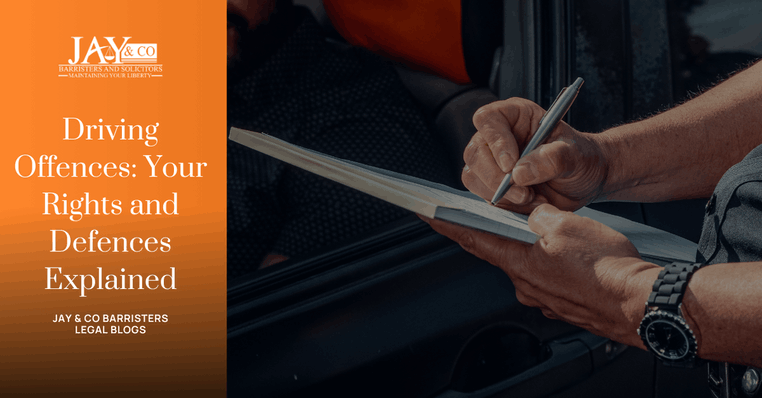If you are convicted of certain serious driving offences then the police or court may impound, immobilise or forfeit your car.
Depending on the type of offence and you circumstances you will be placed into either one of the tiers of offences that have motor vehicle seizure as a penalty. The below first and second tier offences listed, constitute a relevant offence.
First-tier offences include:
- Disqualified driving for second or subsequent offending
- Unlicensed driving for second or subsequent offending
- Drink-driving for second or subsequent offending
- Drug-driving for second or subsequent offending
- Excessive speeding
- Driving dangerously
Second-tier offences include:
- Dangerous driving provided speed is between 45–70 km per hour
- Careless driving provided speed is between 45–70 km per hour
- Making unnecessary noises with your vehicle provided speed is between 45–70 km per hour
- Lack of proper control of your motor vehicle provided speed is between 45–70 km per hour
- Engaging in a speed race provided speed is between 45–70 km per hour
- Speeding 45 km per hour or more but under 70 km per hour, over the limit, or at 145 km per hour or more but under 170 km per hour
- Not stopping on police direction
- Driving with too many passengers in your vehicle
- Driving with passengers who are not wearing their seatbelt
Your matter can be dealt with by police or the Magistrates’ Court.
If police deal with your matter then they may seize, impound or immobilise your vehicle (s 84F Road Safety Act). This decision is reviewed by a police inspector or ranked higher. This decision can also be appealed to court on the grounds of exceptional hardship, but you will need to discuss this option with your lawyer to see if this is applicable in your situation.
If the Magistrates Court deals with your matter then a driver who has committed a tier-one or tier-two offence, where the driver has, within six years of committing a tier-two offence, committed one or more relevant offence, must have their car immobilised at least 45 days and could be up to 3 months.
A driver who has committed a tier-one offence, where the driver has, within six years, committed one or more tier-one offences, or two or more tier-two offences, or who has committed a tier-two offence, and within the last six years has committed two or more relevant offences, may have their vehicle forfeited.
However these orders may be avoided if you are experiencing exceptional hardship.
Considerations of exceptional hardship include
- your employment
- road safety and public’s best interests
If you are intending to make an exceptional hardship case, then you must give police 7 days notice and explain your grounds.
In the event that your car is impounded, then the court must order the driver to participate in a safe driving program.
Introduction of Section 84H of the Road Safety Act 1986(Vic) & What it Means for You
The introduction of Section 84H of the Road Safety Act gives police more powers to direct you to surrender your vehicle at a nominated place and time. They must provide you with notice and depending on the type of offence committed, different notice periods apply. For example, if you have been court speeding by a speed camera, police have 42 days within the commission of the relevant offence (first or second tier offences) to serve you with a notice to surrender your vehicle.
If you don’t surrender your vehicle police may seize your vehicle
Police may serve you a notice to surrender your vehicle if they believe on reasonable grounds that you have committed a relevant offence as discussed above.
You must comply with this notice unless you have a reasonable excuse. Please speak to our team at Jay and Co should you receive a notice and would like to discuss your options that are consistent with your current situation.
If you are wanting more information about how the applicable law affects you, please speak to one of our friendly lawyers at Jay & Co Barristers and Solicitors.



